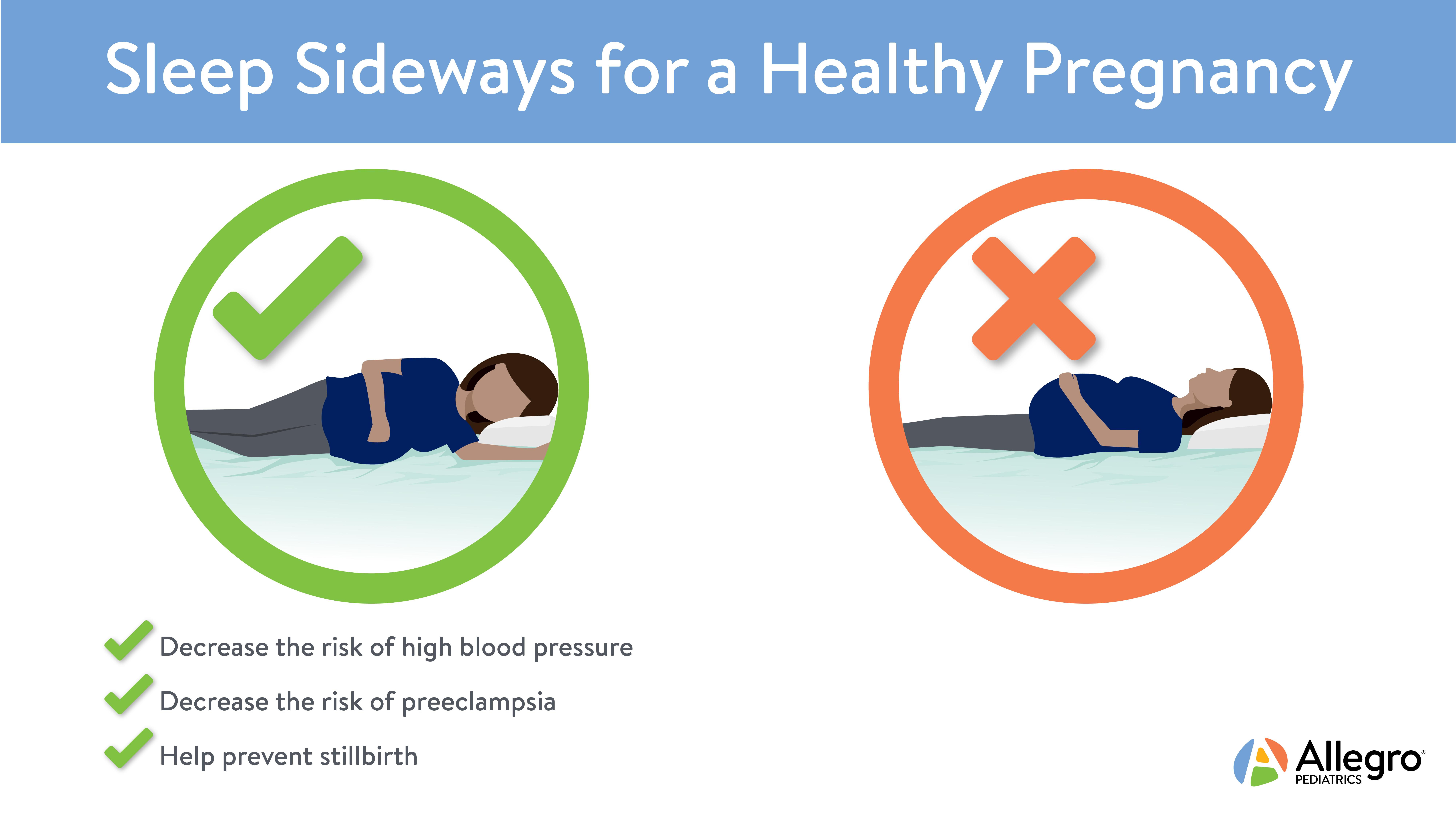
As pediatricians, our primary goal is to influence behavior and prevent problems. Preventing premature birth is the first step in the health and development of your child’s journey. One way to prevent premature birth is by taking steps to prevent preeclampsia in the mother. My current research is focused on reducing the risk of preeclampsia during pregnancy and is supported by the Gates Foundation, Purdue University and Indiana University.
What is preeclampsia?
Preeclampsia is a potentially dangerous pregnancy complication characterized by high blood pressure. Other symptoms may occur from preeclampsia such as protein in the urine, liver inflammation, low platelet levels in the blood, blurred vision, headaches, and rarely seizures.
Why is preeclampsia a problem?
High blood pressure affects 25% of pregnancies and preeclampsia affects 2-8% of pregnancies. Every year 75,000 women and over 250,000 infants die globally from preeclampsia. There is also a high rate of C-sections and prematurity associated with preeclampsia. Premature birth can lead to long-term health and developmental risks for the baby.
What can be done to prevent preeclampsia?
Sleeping sideways can help prevent preeclampsia. A randomized trial showed that if a pregnant woman sleeps on her side at least 4-6 hours per day, a majority of preeclampsia cases can be prevented.
My analysis suggests that sleeping on your side during pregnancy allows blood to flow through the kidneys as intended. When a pregnant woman sleeps or reclines on her back during pregnancy, the weight of the pregnancy can obstruct blood flow leaving the kidneys. Since the kidneys control the body’s blood pressure, normal blood flow is important to maintain. Sleeping sideways can also help prevent stillbirth and varicose veins of the legs and pelvis.
Advocacy Efforts
My goal is to initiate a grass roots, global advocacy campaign educating pregnant women to “Sleep Sideways.” Just as the “Back to Sleep” campaign for infants helped decrease SIDS, our hope is that a “Sleep Sideways” campaign for pregnant women can decrease prematurity due to preeclampsia. Given the extensive international relationships that Seattle families maintain, we are in a unique position to advocate for pregnant women globally by getting this simple message out: “Sleep Sideways.”
Listen to Dr. Reuter's interview on IRG Health Talk - KOMO Radio, where he discusses Preventing Preeclampsia.
Dr. David Reuter is a pediatrician in the Allegro Pediatrics Bothell location.
Keep Reading
View All Posts
Tips for Navigating Flu Season
Getting a flu vaccine is one of the most effective ways to prevent the spread of influenza and reduce the risk of complications.

Measles FAQs
The MMR vaccine is a safe and effective way to protect against measles. Learn answers to commonly asked questions about measles.

Helping Kids Breathe Easier
By checking asthma control at every well care visit, we can identify changes early and make sure each child has the support they need to breathe comfortably and stay active.

